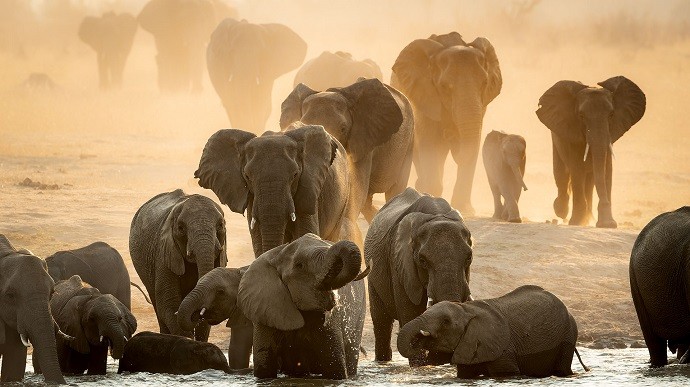 Story
Story
A new series of maps drawn up by Emeritus Professor Rudi van Aarde of the University of Pretoria (UP) and Dr Ryan Huang of Duke University in the US details where African elephants prefer to roam in Southern Africa.
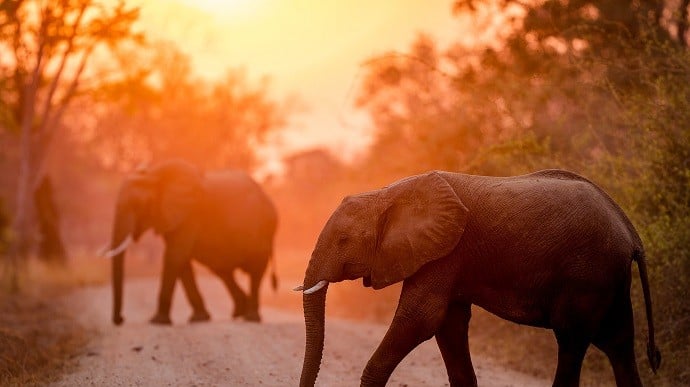 Gallery
Gallery
This gallery features photography of elephants in their natural habitat by Prof Rudi van Aarde and a map showing where their preferred areas are based on the elephants' movement patterns.
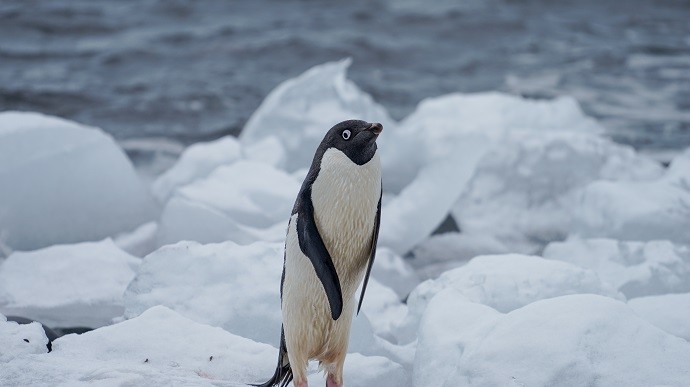 Story
Story
The Southern Ocean around Antarctica needs urgent protection – for the sake of the rest of the world. This marine wilderness is threatened by climate change and commercial fisheries, says University of Pretoria (UP) macro-ecologist Dr Luis Pertierra, an expert on the natural value of the Antarctic.
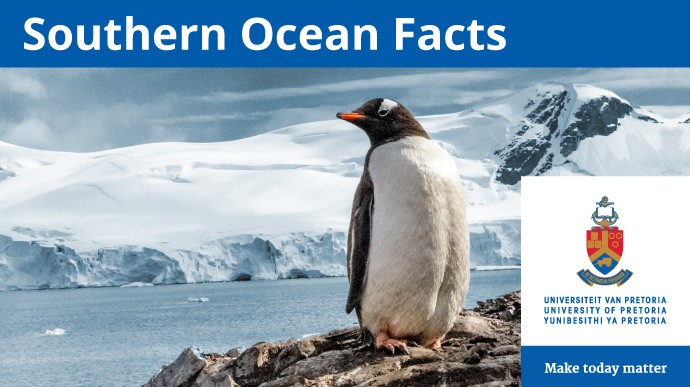 Infographic
Infographic
Did you know that 70% of the world's freshwater is held in Antarctica's ice? This is just one of the reasons why the Southern Ocean around Antarctica needs urgent protection. Learn more Southern Ocean facts with this infographic.
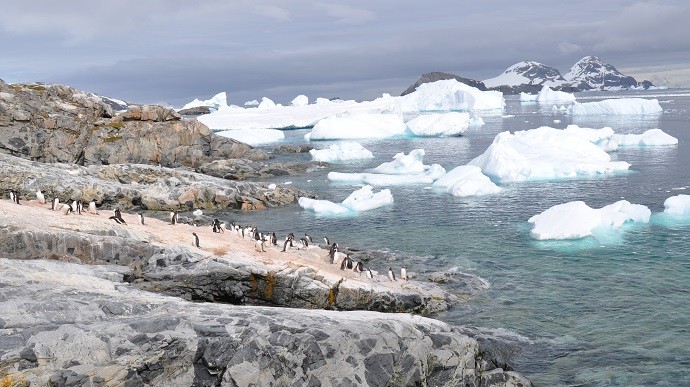 Gallery
Gallery
Climate change and commercial fishing is putting Earth’s most southern waters – and the planet itself – at risk. UP macro-ecologist Dr Luis Pertierra has joined the global call to better protect the Southern Ocean by banning fishing in Antarctic waters, among other measures.
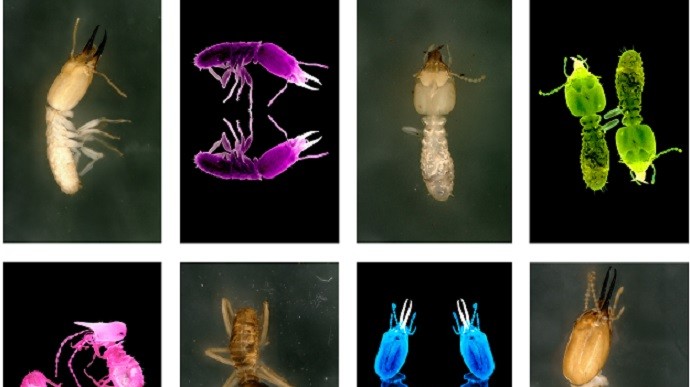 Story
Story
The University of Pretoria (UP) recently participated in an international study led by the University of Miami to investigate termite and microbial wood discovery and decay. Termites release carbon from the wood as methane and carbon dioxide, which are two of the most important greenhouse gases and may increasingly contribute to greenhouse-gas emissions with climate change.
Copyright © University of Pretoria 2024. All rights reserved.
Get Social With Us
Download the UP Mobile App